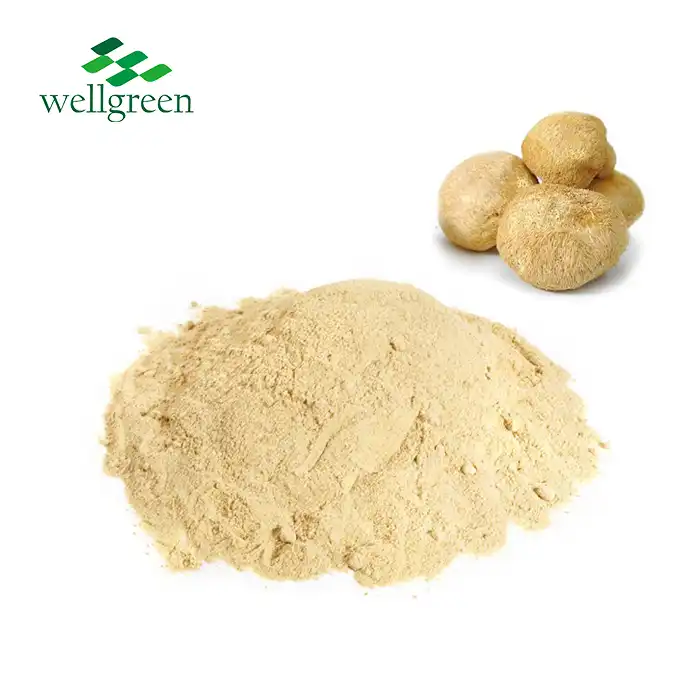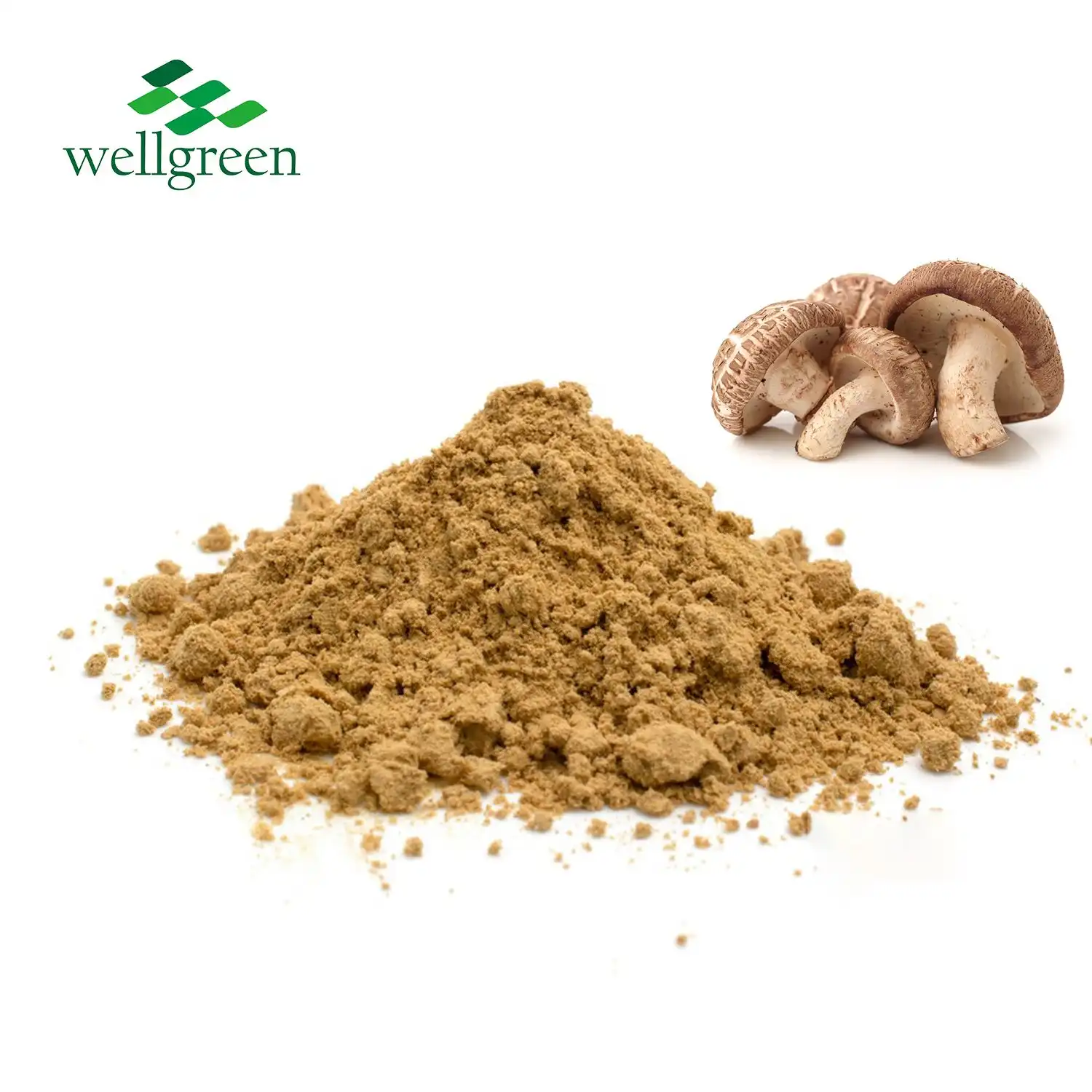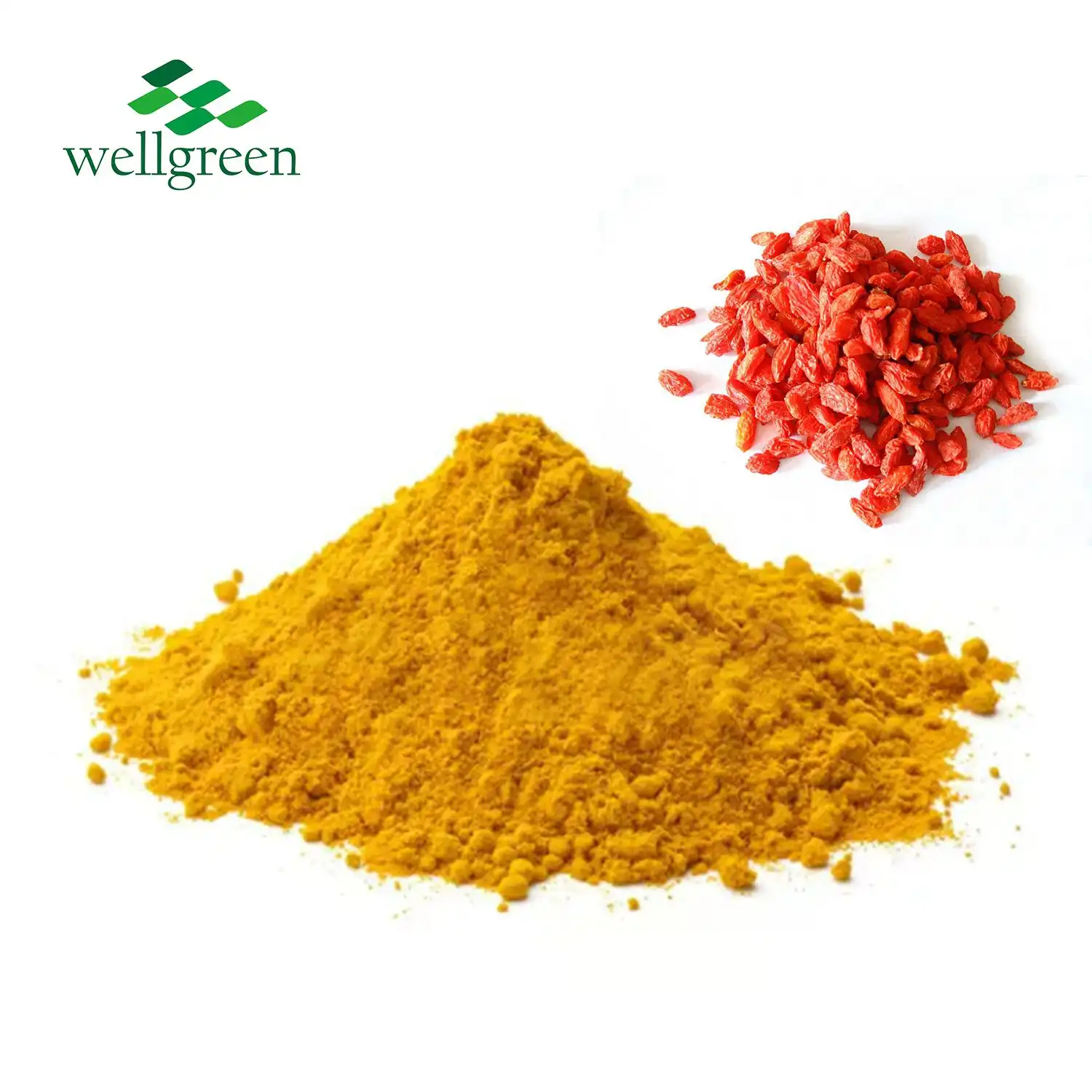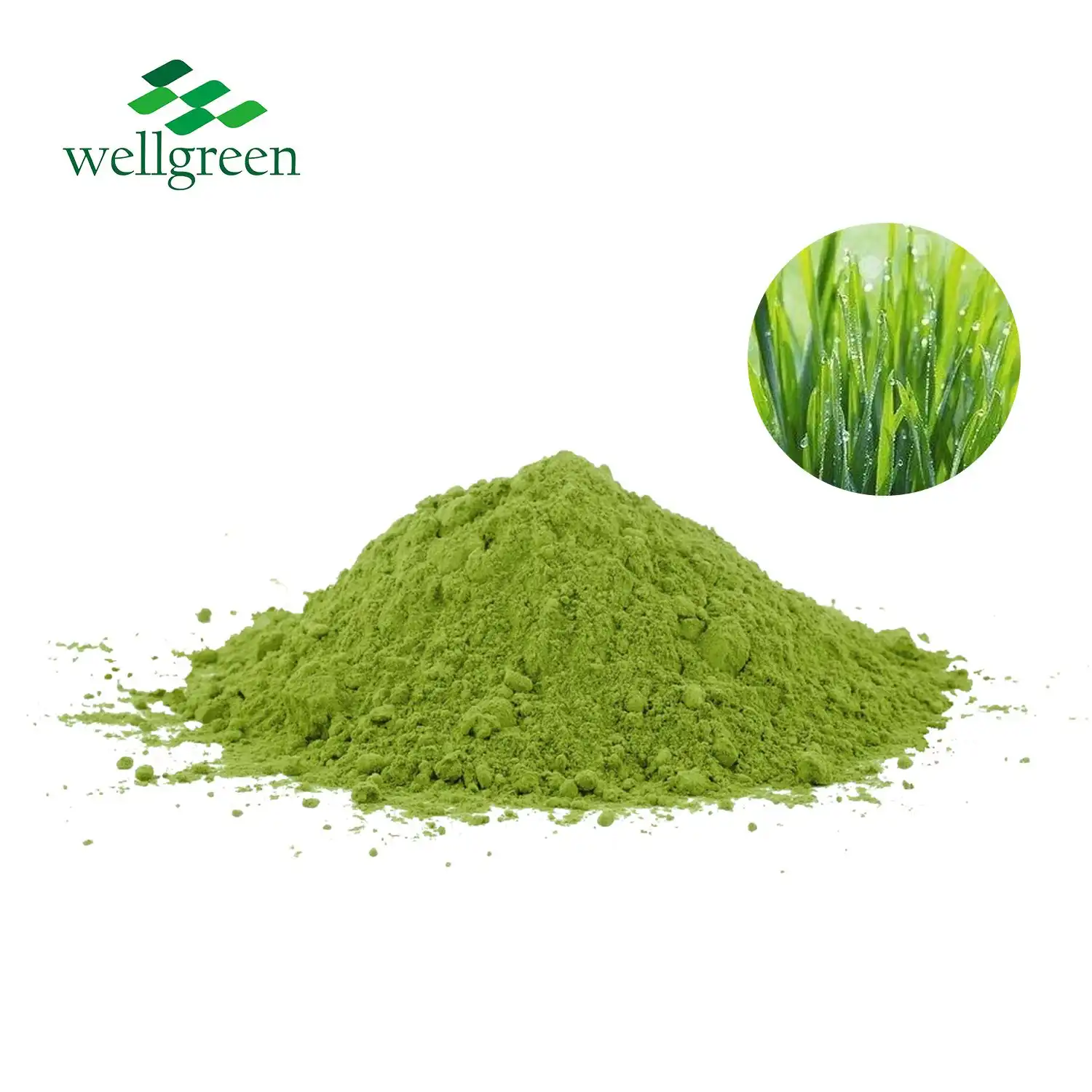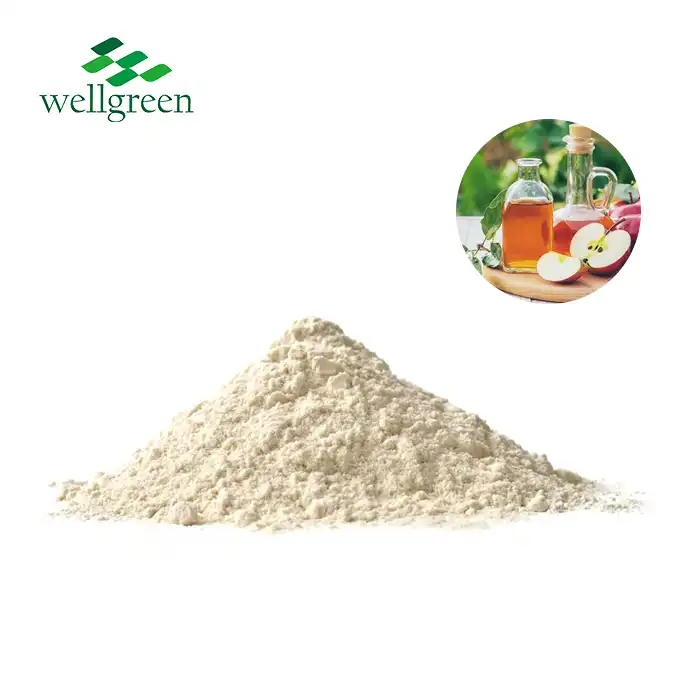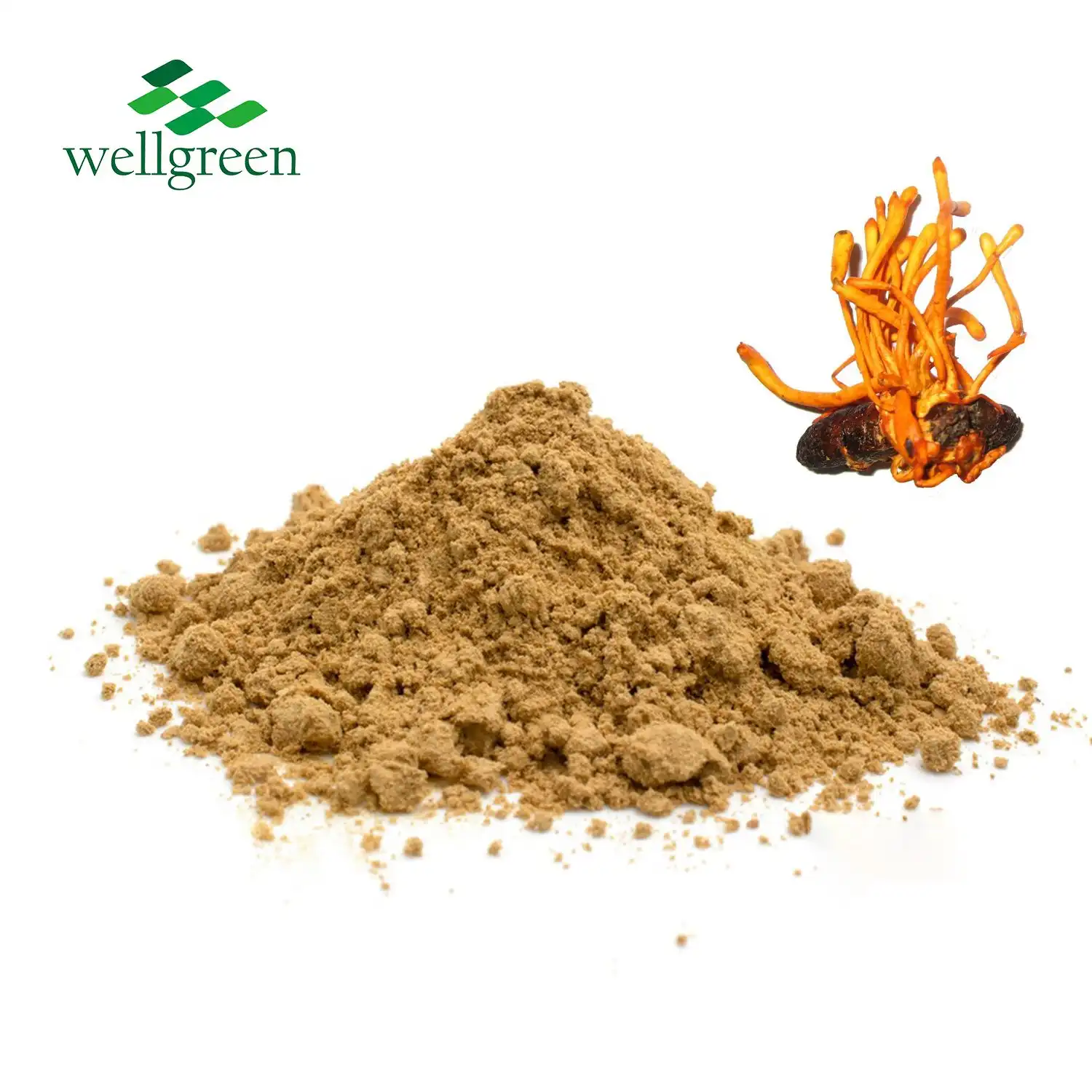Can Organic Ginger Powder Help You Lose Weight?
2025-06-05 15:00:03
Organic ginger powder has gained attention as a potential ally in weight loss journeys. This potent spice, derived from the root of the ginger plant, offers a myriad of health benefits, including possible weight management support. While not a magic solution, organic ginger powder may contribute to weight loss efforts through various mechanisms. It's believed to influence metabolism, reduce inflammation, and potentially curb appetite. However, it's crucial to understand that ginger powder is most effective when combined with a balanced diet and regular exercise. As we delve deeper into the research, we'll explore how organic ginger powder might assist in weight management, its potential effects on appetite and fat metabolism, and what scientific studies reveal about its anti-obesity properties.
support. While not a magic solution, organic ginger powder may contribute to weight loss efforts through various mechanisms. It's believed to influence metabolism, reduce inflammation, and potentially curb appetite. However, it's crucial to understand that ginger powder is most effective when combined with a balanced diet and regular exercise. As we delve deeper into the research, we'll explore how organic ginger powder might assist in weight management, its potential effects on appetite and fat metabolism, and what scientific studies reveal about its anti-obesity properties.
Does Ginger Influence Appetite and Satiety?
Appetite Suppression Mechanisms
Organic ginger powder may play a role in appetite suppression through multiple pathways. The active compounds in ginger, particularly gingerols and shogaols, interact with the digestive system and may influence hormones related to hunger and fullness. These bioactive components stimulate the release of digestive enzymes and increase the production of bile acids, potentially leading to improved digestion and a feeling of satiety.
Impact on Hunger Hormones
Research suggests that ginger powder consumption might affect levels of hunger hormones like ghrelin and leptin. Ghrelin, often called the "hunger hormone," stimulates appetite, while leptin signals fullness to the brain. Some studies indicate that ginger supplementation could help regulate these hormones, potentially reducing overall food intake. However, more extensive research is needed to fully understand the long-term effects of organic ginger root powder on hormone regulation and appetite control.
Delayed Gastric Emptying
Another way ginger powder might influence appetite is by slowing gastric emptying. This means food stays in the stomach longer, potentially prolonging feelings of fullness and reducing the urge to eat. While this effect has been observed in some studies, it's important to note that individual responses may vary, and more research is needed to confirm these findings across diverse populations.
Thermogenesis and Fat Oxidation Mechanisms
Enhanced Metabolic Rate
Organic ginger powder may boost thermogenesis, the process by which the body burns calories to produce heat. This thermogenic effect could lead to a slight increase in metabolic rate, potentially aiding in weight management. The bioactive compounds in ginger, particularly gingerols, are thought to stimulate certain metabolic pathways that may enhance energy expenditure. While the effect might be modest, over time, this increased calorie burn could contribute to weight loss efforts when combined with other healthy lifestyle choices.
Promotion of Fat Oxidation
Ginger powder has shown promise in promoting fat oxidation, the process by which stored fat is broken down and used for energy. Some studies suggest that the active compounds in ginger may activate certain enzymes involved in fat metabolism, potentially increasing the body's ability to utilize fat stores. This mechanism could be particularly beneficial for those looking to reduce body fat percentage as part of their weight loss goals. However, it's crucial to remember that fat oxidation is a complex process influenced by various factors, including diet, exercise, and individual physiology.

Mitochondrial Function and Energy Production
Emerging research indicates that ginger powder might positively impact mitochondrial function. Mitochondria are the powerhouses of cells, responsible for energy production. By enhancing mitochondrial efficiency, ginger could potentially improve overall energy metabolism. This improved cellular energy production might contribute to increased physical activity levels and better exercise performance, indirectly supporting weight loss efforts. While these findings are promising, more human studies are needed to fully understand the extent of ginger's impact on mitochondrial function and its implications for weight management.
Anti-Obesity Effects Observed in Clinical Studies
Reduction in Body Weight and BMI
Several clinical studies have explored the potential anti-obesity effects of organic ginger powder. A notable randomized, double-blind, placebo-controlled trial involving overweight women found that daily consumption of ginger powder led to significant reductions in body weight and body mass index (BMI) compared to the placebo group. The participants who consumed ginger showed greater decreases in waist-to-hip ratio, suggesting a potential impact on abdominal fat. While these results are encouraging, it's important to note that the effects were observed in conjunction with a balanced diet and exercise regimen, highlighting the importance of a holistic approach to weight management.
Improvements in Lipid Profiles
Beyond direct weight loss, clinical studies have also observed improvements in lipid profiles among participants consuming ginger powder. These improvements include reductions in total cholesterol, low-density lipoprotein (LDL) cholesterol, and triglycerides, along with increases in high-density lipoprotein (HDL) cholesterol. Such changes in lipid profiles are not only beneficial for overall cardiovascular health but may also contribute to weight management by improving metabolic function. The antioxidant properties of ginger are thought to play a role in these lipid-lowering effects, potentially reducing inflammation and oxidative stress associated with obesity.
Long-Term Effects and Sustainability
While short-term studies show promising results, research on the long-term effects of ginger powder supplementation for weight management is still limited. Some studies have followed participants for up to 12 weeks, showing sustained benefits throughout this period. However, more extended trials are needed to assess the long-term sustainability of weight loss achieved with ginger supplementation. Additionally, researchers are investigating the optimal dosage and form of ginger (such as organic ginger root powder versus extracts) for maximizing anti-obesity effects while ensuring safety and tolerability for long-term use.
Conclusion
Organic ginger powder shows promise as a supportive element in weight loss strategies. Its potential to influence appetite, boost metabolism, and promote fat oxidation makes it an intriguing natural supplement for those seeking to manage their weight. However, it's crucial to approach ginger powder as part of a comprehensive weight loss plan that includes a balanced diet and regular physical activity. While clinical studies have demonstrated some positive effects, more research is needed to fully understand the long-term impacts and optimal usage of ginger for weight management. As with any dietary change, it's advisable to consult with a healthcare professional before incorporating significant amounts of ginger powder into your routine.
Contact Us
Interested in exploring the potential benefits of organic ginger powder for your weight management goals? Contact Xi'an wellgreen at wgt@allwellcn.com for high-quality, certified organic ginger powder products. Our team of experts can provide you with detailed information on our product range and how to incorporate ginger powder into your healthy lifestyle effectively.
References
1. Ebrahimzadeh Attari, V., et al. (2015). A systematic review of anti-obesity medicinal plants - an update. Journal of Diabetes & Metabolic Disorders, 14, 45.
2. Maharlouei, N., et al. (2019). Effects of ginger on LDL-C, total cholesterol and body weight. Explore (NY), 15(1), 36-43.
3. Mansour, M.S., et al. (2012). Ginger consumption enhances the thermic effect of food and promotes feelings of satiety without affecting metabolic and hormonal parameters in overweight men: A pilot study. Metabolism, 61(10), 1347-1352.
4. Nammi, S., et al. (2009). Protective effects of ethanolic extract of Zingiber officinale rhizome on the development of metabolic syndrome in high-fat diet-fed rats. Basic & Clinical Pharmacology & Toxicology, 104(5), 366-373.
5. Wang, J., et al. (2017). Zingiber officinale Roscoe, a medicinal plant with multiple bioactivities. Food Science and Human Wellness, 6(1), 12-19.
6. Zhu, J., et al. (2018). The scientific basis of Tibetan medicine formula Ratna Sampel for treating obesity. Evidence-Based Complementary and Alternative Medicine, 2018, 1-10.

